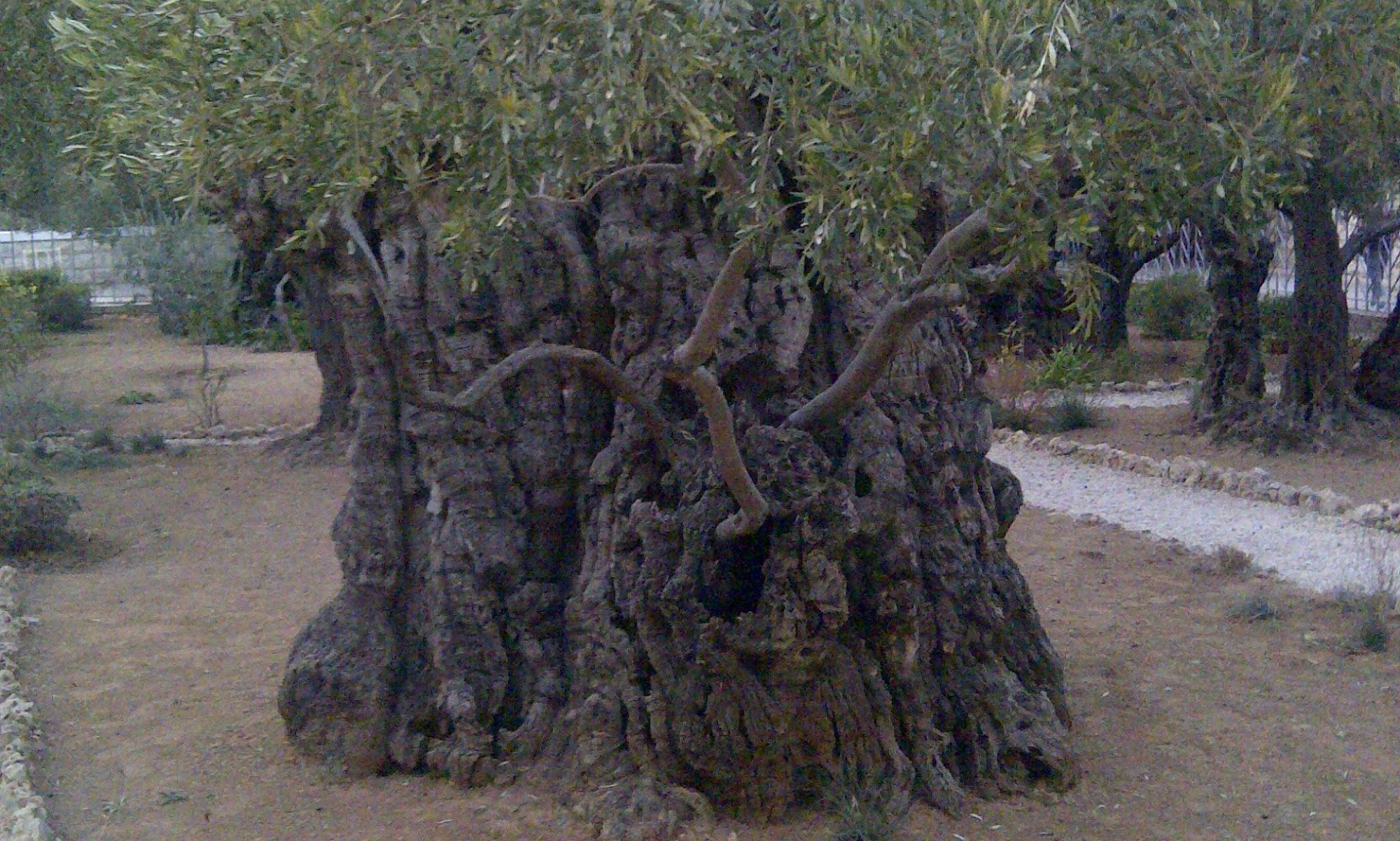Depart from evil, and do good;
seek peace, and pursue it. Psalm 34:14.
This past week I received in the mail a letter and booklet from the Centre for Israeli and Jewish Affairs (CIJA). It was addressed to us as “those who wish to support genuine opportunities to promote peace between Israelis and Palestinians” and “as a constructive alternative…to the unsettling goods campaign.”
The mailing from CIJA included a booklet entitled “seek peace and pursue it”. This phrase comes from Psalm 34:14. But it should be noted that the words “depart from evil, and do good” precede the words chosen for the title of this booklet.
It is also worth noting that this portion of the Psalm was quoted in 1 Peter 3 in the context of his comments about encouraging the readers to find blessing in suffering for doing what is right.
I think it is significant, first, that the psalmist preceded the instructions to seek peace and pursue it with the command to depart from evil and do good. It is also significant that CIJA did not include the first part of the verse in its title. It struck me that if they really wanted to seek peace and pursue it, they would start with correcting the injustices that the state of Israel is imposing on the Palestinians. But nowhere in the booklet is reference to these injustices or to the impact of Zionism on the conflict mentioned. Rather the focus is on Jewish agencies promoting dialogue and cultural integration.
In my brief scanning of the descriptions of the various agencies in the booklet there is no acknowledgement of the history behind the conflict where the current factors contributing to the divisions between Arabs and Jews. The efforts seem to be focusing on bringing Jews and Arabs together to build cooperation and understanding, and honourable concept and effort at reconciliation, but only valid after the injustices are corrected.
It is also disturbing to me that this information was distributed to United Church clergy calling on local communities to support these organizations while admitting that CIJA withdrew from the national consultation. This, to me, is a deliberate act designed to create division within the United Church. The focus of the booklet on the inter-cultural and inter-religious aspects of the projects seems designed to appeal to those who would see the resolution of the issue in terms of achieving understanding and cooperation between Arabs and Jews, and so driving a wedge between those who see justice as the path to peace and those who see dialogue as the path. The fact that they withdrew from the national consultation and yet there promoting dialogue at the local level seems contradictory.
In summary this document seems to be simply using the projects in the booklet as propaganda for CIJA and an appeal for support for its opposition to the United Church policy.

